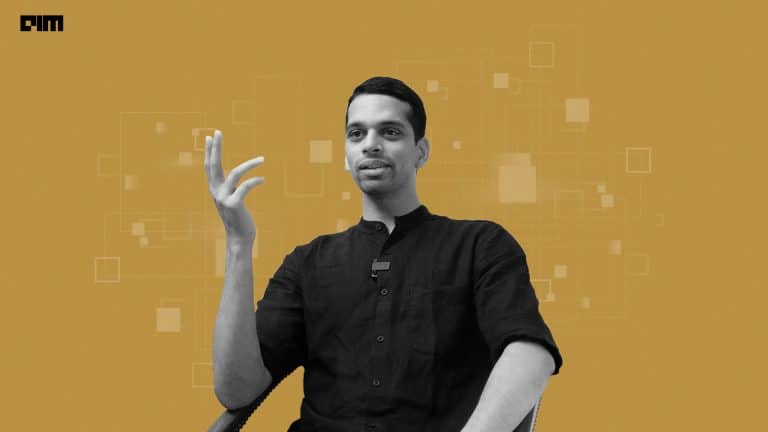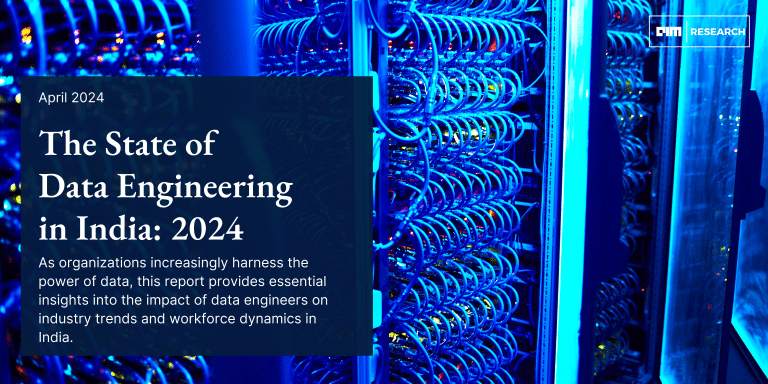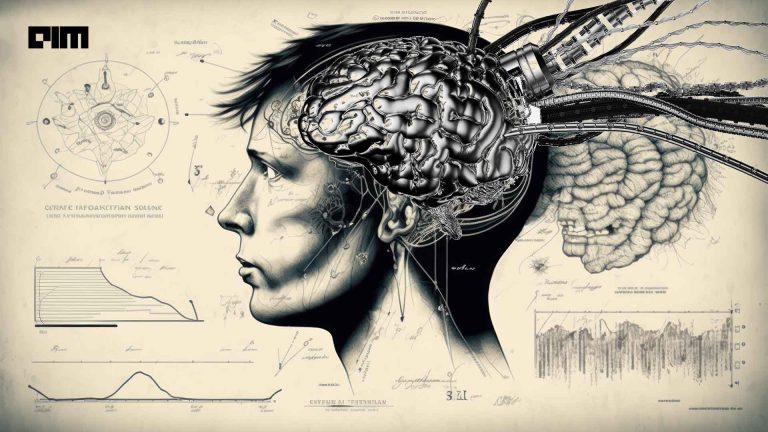Deep Learning can now help detect abnormal chest x-rays with an accuracy that matches professional radiologists, according to a new paper published by a team of AI researchers at Google in the science journal Nature.
The deep learning system can help radiologists prioritize chest x-rays and can also serve as a first response tool in emergency settings where experienced radiologists are not available.
The paper also shows how far the AI research community has come to build processes that can reduce the risks of deep learning models and create work that can be further built on in the future.
Google’s AI researchers write in their paper, “The wide range of possible CXR (chest x-rays) abnormalities makes it impractical to detect every possible condition by building multiple separate systems, each of which detects one or more pre-specified conditions.”
“A reliable AI system for distinguishing normal CXRs from abnormal ones can contribute to prompt patient workup and management,” the researchers further added.
Google’s solution was to create a deep learning system that detects whether a chest scan is normal or contains clinically actionable findings. Defining the problem domain for deep learning systems is an act of finding the balance between specificity and generalizability.
B7, the model used for the x-ray abnormality detection in the research, is the largest of the EfficientNet family and is composed of 813 layers and 66 million parameters. The deep learning model was trained on more than 250,000 x-ray scans originating from five hospitals in India. Interestingly, the researchers used 10 Tesla V100 GPUs instead of Google’s TPU processors to train the model.
Recent studies show that while deep learning is not close to replacing radiologists, it can help boost their productivity at a time when the world is facing a severe shortage of medical experts.




















































































